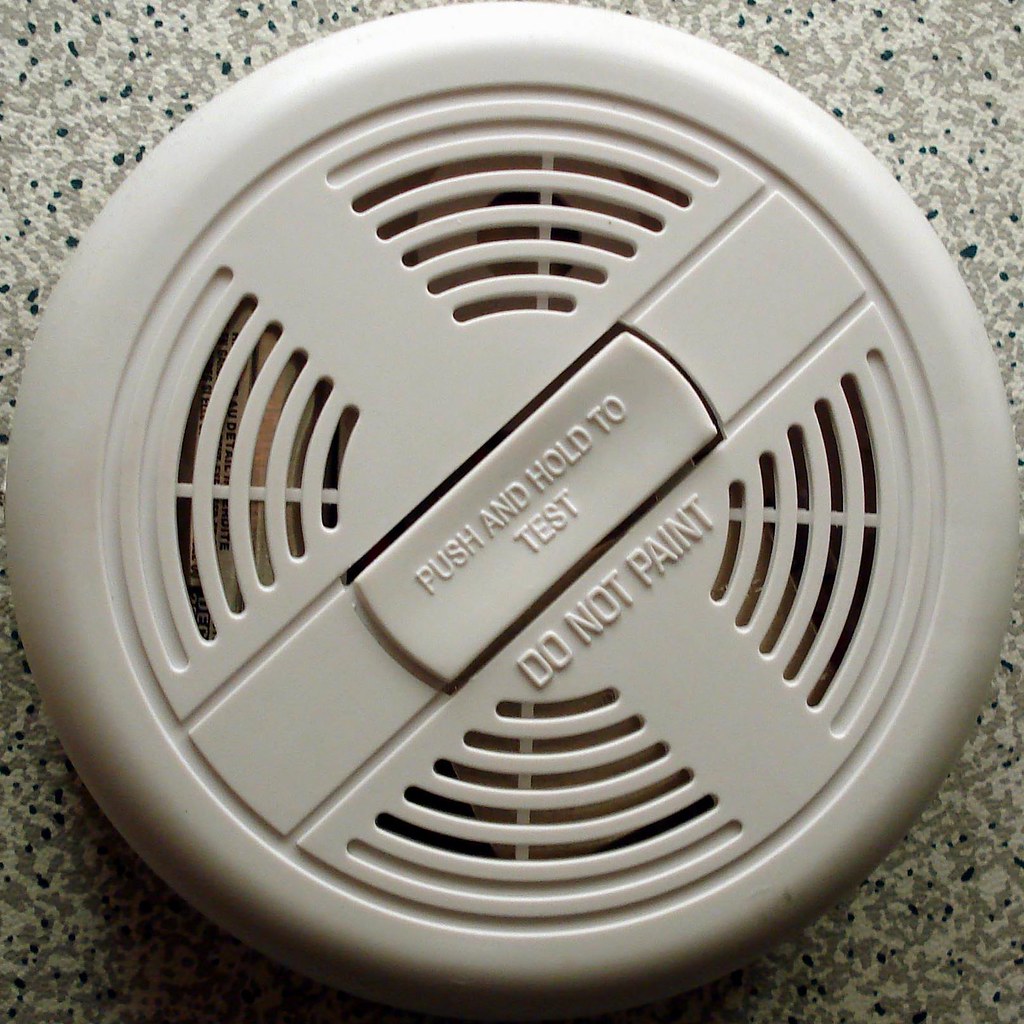Smoke alarms serve as vital safety devices, alerting individuals to evacuate in the event of a fire. However, when these alarms start blinking, it can cause confusion and raise concerns. Understanding the reasons behind a blinking smoke alarm and taking appropriate measures is crucial to maintain safety in both households and businesses. In this guide, we’ll delve into the common causes of smoke alarm blinking and effective solutions to address them.
Understanding Smoke Alarm Blinking as a Warning Sign
Smoke alarms are indispensable safety features in any home or workplace, designed to warn occupants of potential fire hazards with both audible and visual cues. While the piercing alarm sound grabs immediate attention, the blinking lights also play a crucial role as warning indicators of potential issues with the alarm system.
When a smoke alarm blinks, it could signal various issues, ranging from a simple battery replacement requirement to more serious problems such as faulty sensors or wiring issues. Sometimes, the blinking light is accompanied by a chirping sound, indicating a low battery.
Importance of Promptly Addressing a Blinking Smoke Alarm
Ignoring a blinking smoke alarm poses significant risks to both personal safety and property. Addressing this warning sign promptly is essential for several reasons. Firstly, it could signify a low battery or more serious issues, potentially compromising the alarm’s functionality during a fire emergency. Secondly, the constant blinking and accompanying chirping sound can create anxiety among occupants, disrupting peace of mind.
In summary, timely action is crucial to ensure safety and peace of mind. Regular maintenance of smoke alarms is essential to uphold their functionality and provide reliable protection against fire hazards.
Common Reasons Behind Smoke Alarm Blinking
Several factors can cause a smoke alarm to blink:
- Low Battery: The most common cause, indicated by the blinking light accompanied by chirping sounds.
- Faulty Sensor: Over time, a smoke alarm’s sensor may become faulty, leading to blinking or false alarms.
- Wiring Issues: Faulty wiring or loose connections can trigger blinking, especially in hard-wired smoke alarms.
- Dust and Debris: Accumulation of dust and debris can interfere with the alarm’s sensors, causing blinking or false alarms.
- End of Life: Smoke alarms have a lifespan of around 10 years; blinking may indicate the need for replacement.
Low Battery: Most Common Cause and Battery Replacement
Low battery remains the primary cause of smoke alarm blinking. To address this, it’s crucial to follow manufacturer instructions carefully while replacing the battery. Typically, a smoke alarm’s battery compartment can be accessed by removing the cover, allowing for easy replacement with a fresh 9-volt battery.
Testing Smoke Alarms for Low Battery
To determine if a low battery causes the blinking, testing the smoke alarm is recommended. Most alarms feature a test button; pressing it should emit a chirping sound if the battery needs replacement.
Chirping Sound and Importance of Correct Battery Usage
The chirping sound emitted by smoke alarms indicates a low battery, prompting immediate action to avoid potential fire hazards. It’s essential to use the correct type of battery, typically alkaline, to ensure reliable performance. Rechargeable batteries or expired ones may lead to malfunctions, compromising safety.
Proper Installation and Maintenance to Avoid Blinking Issues
Installing smoke alarms in strategic locations and conducting regular maintenance are crucial to prevent blinking issues. Testing alarms monthly ensures their functionality, while proper cleaning prevents dust accumulation.
Troubleshooting Blinking Smoke Alarms
If a smoke alarm continues blinking despite battery replacement, troubleshooting steps may help:
- Replace the Battery: Ensure a fresh battery is installed.
- Clean the Alarm: Regular cleaning prevents dust-related issues.
- Check for Pests: Remove any pests triggering false alarms.
- Test the Alarm: Use the test button to verify functionality; replace the device if necessary.
In conclusion, a blinking smoke alarm demands immediate attention to ensure functionality during fire emergencies. Addressing issues promptly through battery replacement, proper maintenance, and troubleshooting measures guarantees reliable protection for you and your loved ones.
For further information on home safety, consider exploring resources like Understanding the Basics of Alarm Systems and Tips for Safe Home Windows.

